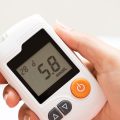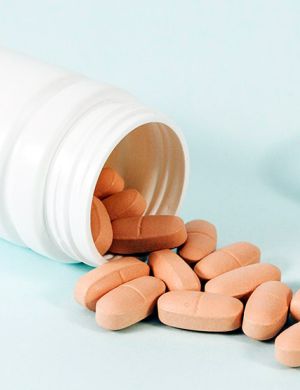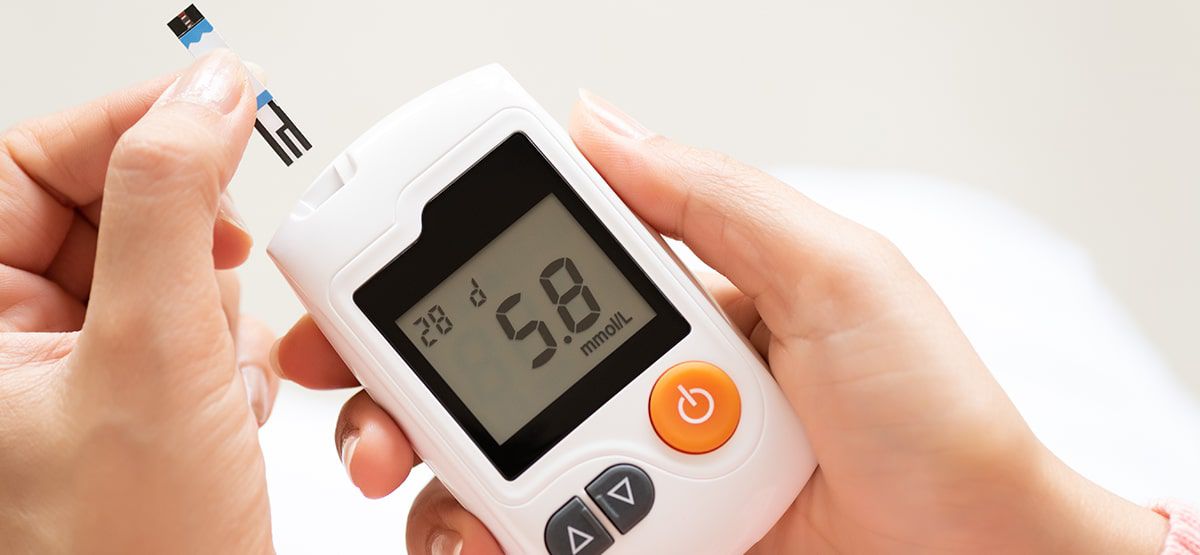
Medical Devices – USA, Europe, Asia and ROW Regulatory News – June 2024
USA
Guidance on Laboratory Developed Tests: Small Entity Compliance Guide
FDA released a final rule in the Federal Register entitled “Medical Devices; Laboratory Developed Tests” (89 FR 37286) (“LDT Final Rule”). The final rule amends FDA regulations to make explicit that in vitro diagnostic products (IVDs) are devices under the Federal Food, Drug, and Cosmetic Act (FD&C Act) including when the manufacturer of the IVD is a laboratory. FDA has prepared the Small Entity Compliance Guide to assist small entities in complying with the requirements established in FDA regulations as they apply to IVDs, including LDTs.
Guidance on Circumstances that Constitute Delaying, Denying, Limiting, or Refusing a Drug or Device Inspection
The guideline covers facilities that are subject to drug or device inspection under section 704 of the FD&C Act. The guideline defines the types of behaviors (actions, inactions, and circumstances) that FDA considers to constitute delaying, denying, or limiting inspection, or refusing to permit entry or inspection for the purposes of section 501(j) of the FD&C Act.
EUROPE
MDCG released New guideline on the clinical evaluation of orphan medical devices
The guideline outlines criteria for determining when a medical device or its accessory qualifies as an “orphan device” under the Medical Devices Regulation 2017/745 (MDR). It seeks to assist manufacturers and notified bodies in meeting the MDR’s clinical evidence requirements and addresses challenges that delay patient access to orphan devices. The guideline also allows manufacturers and notified bodies to seek advice from European Medicines Agency expert panels on orphan device status and necessary clinical data for evaluation.
Update – Scientific Committee on Health, Environmental and Emerging Risks (SCHEER) guidelines phthalates
The SCHEER was requested to revision the guidelines on the benefit-risk assessment (BRA) of phthalates in medical devices specified in the regulation. These phthalates have properties that are carcinogenic, mutagenic, toxic to reproduction (CMR), or endocrine-disrupting (ED), as outlined in the mandate. The revision comprises only minor changes in terminology for selecting alternatives to CMR/ED phthalates. The revision mainly concerns the progress made in the last five years regarding the application, exposure, and toxicology of alternatives to phthalate plasticizers in medical devices, which is presented in additional annexes.
MDCG 2024-1-5: Guidance on the vigilance system for CE-marked devices – Urogynaecological Surgical Mesh Implants used for Pelvic Organ Prolapse repair and Stress Urinary Incontinence
The Device Specific Vigilance Guidance (DSVG) seeks to harmonize vigilance reporting for manufacturers of Urogynaecological Surgical Mesh Implants used in Pelvic Organ Prolapse repair and Stress Urinary Incontinence. The publication offers clarification on reporting incidents and serious incidents to the relevant Competent Authority, in accordance with Regulation (EU) 2017/745 on medical devices (MDR).
AUSTRALIA
Determinations for Australian conformity assessment bodies
These guidelines describe the processes associated with applying to become an Australian conformity assessment body. The publication offers an overview of the process and requirements for applying for a conformity assessment body determination.
BRAZIL
Anvisa performs maintenance on the publicationary repository of medical devices for in vitro diagnostics
Anvisa informs companies that the maintenance of the publicationary repository of in vitro diagnostic medical devices is underway. This measure is necessary because the protocols conducted by companies for subject code 80204 – IVD – Availability of Instructions for Use on the Anvisa Portal did not function as expected. Specifically, the instructions for use of the products were not made accessible on the Agency’s portal immediately after the protocol for this subject was submitted.
CANADA
Guiding Principles On Transparency for Machine Learning-Enabled Medical Devices
The FDA, Health Canada and MHRA have further identified guiding principles for transparency for machine learning-enabled medical devices (MLMDs). These principles build upon the: Good machine learning practice for medical device development (GMLP) principles especially:
Principle 7: Focus is placed on the performance of the human-AI team
Principle 9: Users are provided clear, essential information
These guiding principles are intended as considerations when adopting and advancing good transparency practices.
COLUMBIA
Invima changes the format for requesting audit and certification procedures
The National Institute for Food and Drug Surveillance (Invima) informs users that, to optimize the management of audit and certification procedure requests, the format for requesting procedures, visits, certifications, and certificates has been revisiond to ASS-AYC-FM33.
For medical devices and other technologies: ASS-AYC-FM161 – Request for audit and certification procedures – medical devices and other technologies.
FINLAND
The information of operators registered with Fimea for medical devices is available online
Operators in the medical device sector must register either in the public European EUDAMED database or in the national CERE register. In the future, Fimea will make information about operators registered in the CERE register publicly available in a list format, providing open access to this information to support procurement units and other stakeholders. This publication ensures equal treatment for all operators, as the EUDAMED database is also publicly accessible regarding operator data.
GERMANY
Reporting of serious adverse events (SAEs) and product defects ( DDs ) in the context of a clinical trial in accordance with MDR and MPDG
Since the MDR came into force on May 26, 2021, for all clinical trials that must be applied for or reported to the higher federal authority, serious adverse events (SAEs) and product defects (DDs ) must be reported in accordance with the European Regulation 2017/745 ( MDR ) in conjunction with the Medical Devices Implementation Act ( MPDG ).
Below link provides information on Which reporting forms should be used for serious adverse events (SAEs) from May 26, 2021 and What reporting deadlines must be observed for serious adverse events ( SAEs ) and product defects ( DDs ) from the date of application of the MDR.
Statistical requirements for applications for authorisation of a clinical trial on medical devices
In accordance with DIN EN ISO 14155 standards for clinical trials of medical devices on humans, the statistics of a clinical trial must meet scientific rigor requirements. Therefore, DIN ISO 14155 includes relevant sections addressing these requirements. The federal authority recommends considering the specified points concerning required information in the test plan when planning the statistics.
ITALY
MDCG published New guidance on the clinical evaluation of orphan medical devices
The guideline represents an important step forward in protecting the health of those suffering from rare diseases, for which diagnostic and therapeutic options are often lacking.
The document provides the criteria to determine when a medical device or an accessory for a medical device can be considered an “orphan device” under the Medical Device Regulation 2017/745 (MDR).
The aim is to guide manufacturers of orphan devices and Notified Bodies in demonstrating compliance with the clinical evidence requirements of the MDR and to help overcome some of the challenges that lead to delays in patient access to orphan devices.
JAPAN
Updated information on compassionate clinical trials (drugs, equipment, and recycling)
A system has been introduced to provide unapproved drugs, devices, and regenerative medicine products to patients who do not meet clinical trial criteria for life-impacting diseases with no effective treatments. This compassionate use aims to balance the risks and expected therapeutic benefits without hindering the development of these unapproved products.
This system offers investigational drugs, devices, and products within clinical trials for severe diseases, targeting the final stage of domestic development. It applies to trials that have been or are being conducted (post-enrollment), where the likelihood of patient benefit is relatively high.
SAUDI ARABIA
A guideline for extending the validity period of medical devices and supplies during crises, supply shortages, and the like.
A document providing guidelines on extending the shelf life of medical devices and supplies during crises and shortages.
SOUTH KOREA
Announcement of partial amendment to the Enforcement Rules for In Vitro Diagnostic Medical Devices Act
The revision of the in Vitro Diagnostic Medical Devices Act, effective July 3, 2024, allows institutions other than those designated by the Minister of Food and Drug Safety to participate in clinical performance testing of in vitro diagnostic medical devices. This aims to address deficiencies in the current system by including new standards for managing and supervising clinical performance testing institutions and for disposing of non-compliant devices.
SRILANKA
Introducing a procedure for collecting of manufacturing site registration details
NMRA informed that all Medical Device Marketing Authorization Holders must enter their information on the provided link if not listed in the manufacturing site registration details. Attach a scanned copy of the manufacturing site approval letter or registration evidence as authentication. Submit the required details by 31st July 2024.
SWITZERLAND
The first module of the swissdamed medical devices database goes online in August.
The Mutual Recognition Agreement (MRA) with the EU has not been updated, Swissmedic lacks access to the European database EUDAMED3. Consequently, since May 26, 2021, Swiss economic operators (manufacturers, importers, and authorized representatives) must register with Swissmedic to obtain a Swiss Single Registration Number (CHRN). This practice will change when the Actors module for registering economic operators goes live on August 6, 2024.
Applications for CHRN registration, changes, and mandate notifications will be accepted as PDF forms until July 26, 2024. After this date, these forms will no longer be accepted.
UNITED KINGDOM
Update: Guidance Software and artificial intelligence (AI) as a medical device
Software (including AI) plays an essential part in health and social care. In the UK, many of these products are regulated as medical devices (or as in vitro diagnostic medical devices (IVDs). The guidance provides access to important Software Group outputs that might be of assistance.
Updated guidance to include reference to guiding principles on transparency for machine learning-enabled medical devices.
Don’t miss out! Click here to stay in touch.
Categories
- Biopharma (59)
- Consumer Health (22)
- Cosmetics (11)
- Diagnostics (5)
- Digital Health (8)
- Food (2)
- Medical Device (113)
- OTC (5)
- Regulatory Intelligence (13)
- Standards (41)
Recent Blogs
Get the latest updates from Vistaar

Related Posts
CONNECT WITH US

Let's talk about how Vistaar can help you





